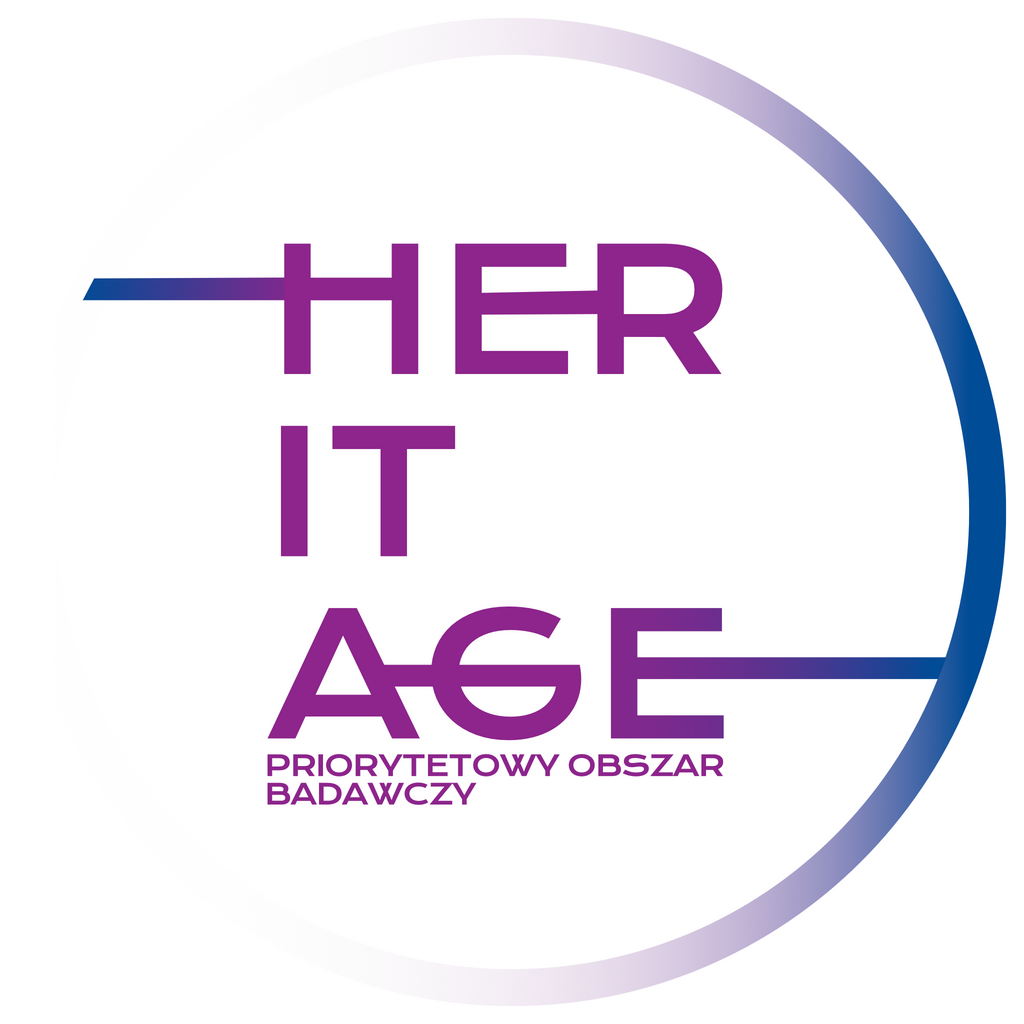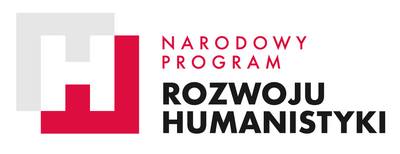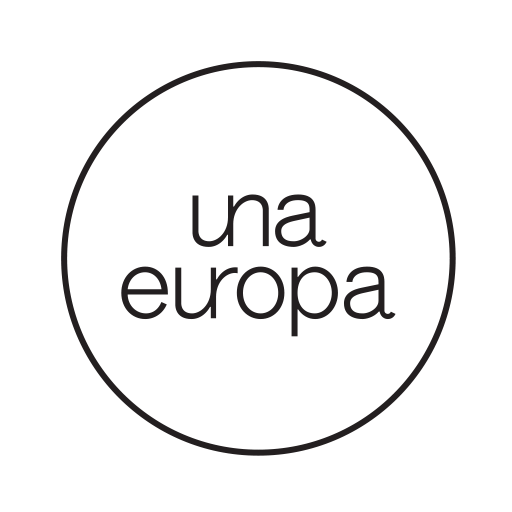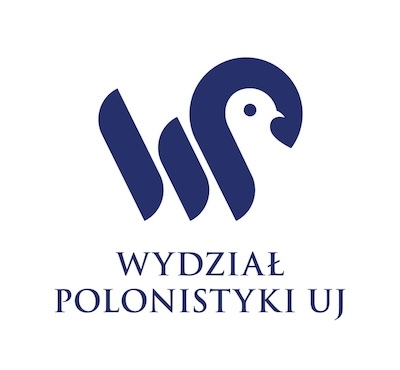Research Manager of a project “Challenging Legacies of Slavery in the Southern USA: Global Discourses - Local Practices". The project funded under the Excellence Initiative - Research University grant program.
The research project "Challenging Legacies of Slavery in the Southern USA: Global Discourses - Local Practices" aims to investigate and understand the difficult legacy of slavery in South and North Carolina, focusing on the impact of the history of slavery on contemporary communities and the methods of their representation and commemoration. By conducting field research in historically significant locations, such as plantations, slave trade ports, and other sites associated with violence and exploitation, the project seeks to identify and analyze the material and immaterial heritage of slavery. The analysis of exhibitions, museums, cemeteries, memorials, and historical buildings will aid in understanding the diverse ways of representing and interpreting this past. A key aspect of the project is the analysis of the differences between the official discourse on the legacy of slavery and the local narratives of the African American community, with the intention of understanding how these differences affect the perception and commemoration of the past by different social groups. The project also examines how the authorized discourse of heritage and historical and social education in the South of the USA are shaped within a political and racial context, especially in light of the restrictions on teaching history from the perspective of critical race theory.
2024 - currently

Research Manager of a project “Memory of slavery in Gullah and Geechee communities". The project funded under the Excellence Initiative - Research University grant program.
The scientific objective of the project titled "The Memory of Slavery in Gullah and Geechee Communities" is to investigate the enduring impact of the transatlantic slave trade on African-American communities residing along the eastern coast of Georgia and South Carolina. These communities are the descendants of enslaved people who were forcibly brought from West Africa to Charleston in the 1500s and were forced into labour on rice, indigo, and sea island cotton plantations. The coastal belt of northeast Florida, South Carolina, and Georgia is characterized by a distinct lowland-island landscape that facilitated a unique labour organization whereby enslaved people were left to fend for themselves after completing their work. Furthermore, their isolation from the continental economic and cultural mainstream led to the formation of a robust Creole culture known as the Gullah and Geechee culture(s), which has endured in these regions to the present day. The project's primary aim is to chart the expressions of the ongoing impact of the transatlantic slave trade in the area from a cultural and social perspective. To this end, the research will encompass tangible and intangible heritage, including sites and objects within the Gullah Geechee Cultural Heritage Corridor, such as slave cemeteries, museums, memorials, and local communities cultural and religious traditions.
2023 - currently

Researcher in a project “Crossing the Border - Experiences of Refugees in the Białowieża Forest". The project funded under the Excellence Initiative - Research University grant program.
The project envisages collaboration between researchers from the Institute of Intercultural Studies and organizations supporting individuals affected by the humanitarian crisis at the Polish-Belarusian border. The initiative aims to network the academic community with the "Border Group" ("Grupa Granica")- an informal association of organizations dedicated to refugee assistance, and with "Researchers at the Border" (Badacze i Bagaczki na Granicy) a team of scientists specializing in migration issues. The primary goal 15. is to map the humanitarian situation of refugees at the border, understand their experiences and needs, and gain access to data collected by the mentioned organizations. This information has the potential to become the basis for future scientific research that could contribute to a better understanding of the migration crisis and the development of more effective support methods for refugees. The implementation of the project will also enable the building of bridges between the academic world and non- governmental organizations, fostering the exchange of knowledge and experiences. This is a step towards a deeper analysis and understanding of the humanitarian crisis at the Belarusian border, which could contribute to better addressing the needs of refugees and influence the formulation of future migration policies.
Other team members: Jakub Kościółek, Ph.D., principal investigator
2024 - currently

Researcher in a project “Culture of exclusion - infertility and impotence in African societies". The project funded under the Excellence Initiative - Research University grant program.
Infertility is becoming an increasingly significant issue in the contemporary world, affecting not only individual families or couples planning to have children but also whole societies, primarily due to the widespread nature of this phenomenon. It is particularly important in Africa, where health issues related to infertility overlap with cultural concerns. It should be noted that in many African cultures, having children is considered one of the most significant life achievements, largely due to strong community bonds and the absence of state-funded social security systems for the elderly. In these societies, it is often children who are responsible for caring for their aging parents. The project aims to study infertility from an interdisciplinary, social, and cultural perspective. It aims to consider the context of gender roles assigned to men and women in African cultures. Therefore, the study aims to address not only infertility, which affects both genders, but also impotence, which affects men and hinders the fulfillment of traditional social and cultural gender roles. The project aims to analyze the extent of the infertility phenomenon in selected African countries, based on statistics and existing data, which are likely underestimated due to the taboo surrounding this issue as well as to examine the institutional support systems available for individuals dealing with infertility and impotence and to explore the legal provisions concerning these issues and to conduct a cultural analysis of infertility, based on selected cultural artifacts.
Other team members: Jakub Kościółek, Ph.D., principal investigator
2023 - currently

Researcher in a project “Mapping the Public Space of Gender and LGBTQ+ Mobilizations in Angola. A Research Agenda”. The project funded under the Priority Research Area Heritage (POB) grant program.
Within our research team, our primary objective entails charting gender struggles and acknowledgments in Angola. This involves pinpointing spaces, events, and participants while contextualizing them within broader discussions on gender activism on both African and global scales. Angola remains a relatively understudied subject within the African continent regarding efforts for gender recognition. The nation's progressive legal framework, alongside the burgeoning LGBTQ+ activist movement, juxtaposed with the heteronormative gender ideology perpetuated by religious figures, traditional gender classifications, and everyday acts of resistance, presents a pivotal case study for understanding contemporary gender politics in Africa.
Other team members include Dr. Natalia Zawiejska, Prof. Dr. Ruy Blanes, Prof. Dr. Cesaltina Abreu, Prof. Dr. Catarina Antunes Gomes, and Cláudio Fortuna (Research Group Competition 2nd edition).
2022 - 2024

Researcher in a project "Realizations of the concept of third space in the novels of African and African diaspora authors in the perspective of comparative literature". The project funded under the Priority Research Area Heritage (POB) grant program.
Other team members: Agata Mrowinska, MA, and Katarzyna Mroczkowska-Brand, PhD - Minigrants competition edition IV
2022

Researcher in the National Program for the Development of the Humanities grant "Laski environment (1911-1989) in memories and personal documents."
The aim of the project is to conduct comprehensive research and document the formation and functioning of the milieu associated with the Society for the Care of the Blind and the Franciscan Sisters Servants of the Cross in Laski, known as the Laski milieu, between 1911 and 1989 (from the Society's inception until 1989, when the political opposition, many of whose representatives were associated with Laski, led to the first partially free elections in postwar Poland). Although researchers unanimously emphasize the influence of the Laski milieu on intelligentsia circles and, through this, on the culture and social life of Poland, no studies have yet been produced showing the actual shape of this milieu.
Grant manager: Dr. Elżbieta Przybył-Sadowska, other project members: Dr. Marek Hałaburda, Dr. Agnieszka Haska, Dr. Rafał Łętocha, Dr. Agata Małgorzata Mirek, Prof. Dr. Aleksander Wirpsza
2022 - 2027

Researcher in Una Europa - Una Resin “Mapping Excercise - Cultural Heritage project.
Una Europa embraces an inclusive and holistic understanding of Cultural Heritage.
As an interdisciplinary research area, Cultural Heritage contributes to understanding identities promoting cohesion in communities disrupted by change and economic instability.
Our approach to cultural heritage includes all artefacts and mentifacts to which a society attributes a value at a given moment in its history, in the context of projects that are important for the present and future of that society.
The term ‘cultural’ thus refers to the relationship of value that society attributes to these elements, whether tangible or intangible, shaped by man or nature.
This also includes digital cultural heritage, which plays a crucial role in ensuring the preservation, accessibility, and dissemination of a wide range of cultural and historical materials, artefacts, documents, artworks, and more.
2021

Laureate of a grant awarded as part of the Competition for the Funding of Young Researchers at the Faculty of Polish Studies of the Jagiellonian University.
2015 - 2017
